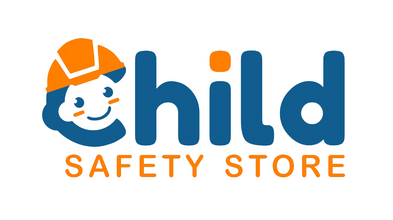
Easter Safety Tips for Kids
For those who celebrate Easter, there are a few traditions that could use some child safety reminders. As you can probably guess, a lot of these have to do with eggs!
Read on for a few egg-cellent Easter safety tips for kids.
Easter Safety Tips Start with Eggs
Coloring eggs is a time-honored Easter tradition. That said, handling or consuming raw eggs can be potentially hazardous to a person’s health. For example, the eggs could contain salmonella or other disease-spreading bacteria. These can make kids and adults quite sick. For this reason, it is very important to properly cook and handle the eggs that you plan to decorate.
Before cooking, make sure to keep the eggs properly refrigerated. Before hard-boiling the eggs, children should know to stay away from the hot stove. It is easy to get burned on the boiling hot water.
While cooking, the shells of some of your eggs might crack. If the crack is deep enough, this could cause those eggs to go bad. If the crack isn’t too deep…well, it can still mess up the paint job! Instead, it’s better to be extra careful when handling the eggs. Be absolutely sure not to eat or cook cracked eggs that haven’t been refrigerated for more than a few hours.
Speaking of keeping the eggs cool, be careful when leaving the eggs at room temperature. They can go bad. For parents, this means to be absolutely sure of all of your hiding spots so no eggs go unaccounted for. That brings us to our next topic:
Hiding Spot Selection
When it comes to hiding spots, parents should be sure to choose safe areas. This means keeping the eggs away from outlets, open doorways, stairs and windows. Curious kids will be crawling everywhere, so one of the best Easter safety tips is to childproof accordingly.
If you’ll be hiding the eggs in the yard, be sure to avoid potential wild animals, bugs, poison ivy or thorn bushes. If children of varying ages will be attending the party, take into account the ages of all kids. It might even be prudent to hold separate egg hunts for different age groups. It can help adults to keep a closer eye on the little ones… and prevent them from getting accidentally pushed aside by older kids.
Candy and Allergies
Candy and chocolates are other mainstays of the holiday. This next batch of Easter safety tips concerns possible food allergies. According to the CDC, food allergies are a growing food safety and public health concern that affects an estimated eight percent of children in the United States.
For example, peanut allergies are a serious condition that affects a lot of children. When an affected child eats or breathes in peanut dust, it can cause them to have an allergic reaction. This can lead to their throat closing, a choking hazard, or worse.
The best advice is to check any candy wrappers before buying any candy to see if they can potentially contain any of this dust. Besides peanuts, there are a number of other possible allergens, including gluten and more.
Families should ask and be absolutely sure of any potential allergies of other children before choosing snacks or treats. Last, consider asking that any child with food allergies bring an EpiPen, just in case it is needed. In the end, a bit of caution could save the day.
